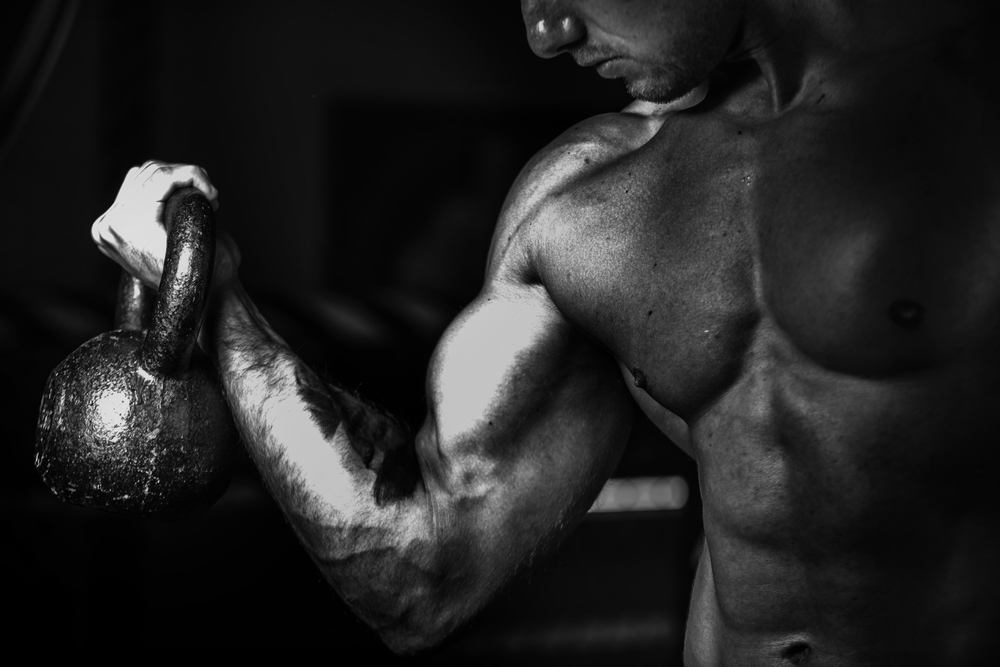As the primary male sex hormone, testosterone plays several important functions. Mainly produced in the testes, it is key to a man’s sexual and reproductive growth and development. From birth through puberty, it helps in the formation and appearance of various male sex characteristics and features, and during adulthood, it continues to take on big roles in several aspects of a man’s health.
What are the roles of testosterone in a man’s body?
Because testosterone is the main sex hormone in men, it is in-charge of many important functions that contribute to a man’s physical, sexual, and reproductive development.
Below are the things that testosterone does to a man’s body:
Genitalia development
Testosterone is essential in the development of a man’s penis and testicles. If there is not enough testosterone in your body, your genitals will remain small and not grow or enlarge.
Body hair
Testosterone promotes the growth of facial hair, pubic hair, and other body hair. If your testosterone levels are low, you will experience hair loss and even balding.
Voice change
Testosterone is responsible for the deepening of the voice that young males experience once they start the puberty stage. If you lack testosterone, your voice will not deepen, and you will continue to sound like your younger self even through adulthood.
Bone growth and development

Testosterone helps in the formation of strong and healthy bones. Without testosterone, your bones will easily lose mass and density, and suffer from fractures, wear and tear, and other injuries more easily.
Muscle growth and development
Testosterone aids in strengthening the different muscle groups in the body. If you have low testosterone, you will experience muscle loss and weakness.
In addition to these, testosterone contributes to a number of sexual and reproductive functions too, such as:
- Production of sperm
Testosterone is needed to produce enough sperm in a man’s body. It is also key to making sperm that have good morphology or structure and motility. If you have low testosterone levels in your body, you are in danger of producing less than the ideal amount of sperm, and sperm that are deformed or not moving enough.
- Libido
Testosterone helps in keeping sexual desire, sex drive, or libido up. If your testosterone is low, you will lose your interest in sex, and end up having an inactive and disappointing sex life.
How do you know how much testosterone you have in your body?
The best way to know how much testosterone there is in your body is by taking a testosterone level test. To measure your testosterone levels, a medical professional will take your blood sample for laboratory analysis.
Testosterone levels are measured in nanograms per deciliter (ng/dL). Once you get your testosterone level test results, you will know if you have normal, low, or high testosterone levels. To be considered healthy, your testosterone levels should fall within the normal range endorsed by health professionals. Below are the normal testosterone levels per age group:
- 25 years old and below: 376 ng/dL to 1,008 ng/dL
- 25 years old to 29 years old: 257 ng/dL to 1,081 ng/dL
- 30 years old to 34 years old: 233 ng/dL to 1,009 ng/dL
- 35 years old to 39 years old: 219 ng/dL to 975 ng/dL
- 40 years old to 44 years old: 201 ng/dL to 993 ng/dL
- 45 years old to 49 years old: 220 ng/dL to 872 ng/dL
- 50 years old to 54 years old: 170 ng/dL to 918 ng/dL
- 55 years old to 59 years old: 204 ng/dL to 900 ng/dL
Is having an abnormal testosterone level dangerous?
For healthy physical, sexual, and reproductive health, you should have testosterone levels that are normal. If, for some reason, you get a low or high testosterone score on your testosterone level test, you will encounter various side effects that can bring mild to severe harm to your overall health and wellbeing.
Low testosterone side effects
Lower libido
Men with low testosterone will suffer from low libido or sex drive. If this happens to you, it will be difficult to have a fun and pleasurable sex life.
Erectile dysfunction
Low testosterone levels can give your penis trouble getting or keeping an erection and leave you and your partner unsatisfied and disappointed in the bedroom.
Poor sperm count and quality
Not having enough testosterone in the body impairs your sperm production. It prevents you from producing enough amounts of sperm that have good structure and motility.
Weak bones and muscles
Because testosterone is necessary for developing strong and healthy bones and muscles, a lack or shortage of it can lead to poor bone density and muscle mass.
Underdeveloped penis and testicles
Testosterone promotes the proper development of your penis and testicles from birth to adulthood, so not having enough of it can result to small or shrunken genitalia.
High testosterone side effects

Decrease in testicle size
Too much testosterone in the body does not make your testicles bigger. What happens is that it actually reduces their size.
Low sperm count
Having excess testosterone is also not good for your sperm health. High testosterone levels in the body can cause a decrease in your sperm count and increases your risk of infertility.
Sleep apnea
High levels of testosterone in the body can put you in danger of sleep apnea, which is a sleep disorder that is characterized by the interruption of one’s breathing during sleep.
Skin problems
The extra testosterone in your body can make your skin produce more oil, making you prone to acne, pimples, and other skin issues.
Blood clots
High testosterone levels in the body can trigger an unnecessary increase in your body’s production of new red blood cells, resulting to an increased risk of blood clots.
Increase in blood pressure and cholesterol levels
Too much testosterone can lead to high blood pressure and cholesterol levels in the body, making you prone to heart attack, stroke, and other health problems.







